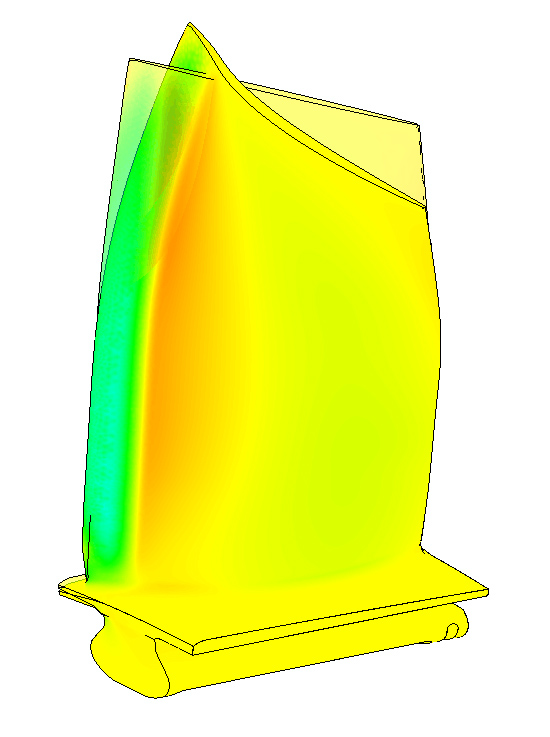Hill Engineering will be presenting at the upcoming Turbine Engine Technology Symposium (TETS) scheduled for September 15-17, 2021 at the Dayton Convention Center. We invite you to come see us.
The TETS Symposium is a biennial forum where the United States’ turbine engine community gathers to review and discuss the latest turbine engine technology advances. The Symposium draws an audience of approximately 1000 engineers, scientists, managers, and operational personnel from throughout the turbine engine community, including the Army, Navy, Air Force, NASA, DARPA, DOE, FAA, engine and aircraft manufacturers, material and component suppliers, and academia.
Hill Engineering’s presentation will include a summary of recent work related to predicting residual stress and airfoil distortion from shot peening and laser shock peening. The abstract text is presented below.
In modern military and commercial aircraft turbine engines, high cycle fatigue and foreign object damage are significant factors of sustainment costs. Foreign object damage (FOD) is most acute on the thin leading edges of titanium airfoils. Objects inadvertently ingested in the engine include small stones, aircraft fasteners, and birds. When these objects impact the rotating titanium airfoils, damage such as dents, nicks or tears result. Left undetected or uncorrected, this damage provides an ideal initiation site for high cycle fatigue cracks to form then propagate within the airfoil. Once these cracks reach a critical length, the airfoil will fracture resulting in significant secondary damage and a possible in-flight shutdown of the engine or catastrophic failure. Engineered residual stress processes like shot peening and laser shock peening (LSP) are often used to mitigate cracking risk in airfoils.
This presentation will discuss an analytical tool (ERS-toolbox®) used for the design of engineered residual stress processes for integrally bladed disk airfoils. In addition, the presentation will incorporate comparisons between ERS-toolbox® predictions and experimental testing performed to quantify the deformation, residual stress, and fatigue performance of airfoils treated with shot peening or laser shock processing.
If you are planning to attend the conference please stop by to discuss Hill Engineering’s capabilities in fatigue analysis and design and residual stress measurement. Please contact us for more information.
